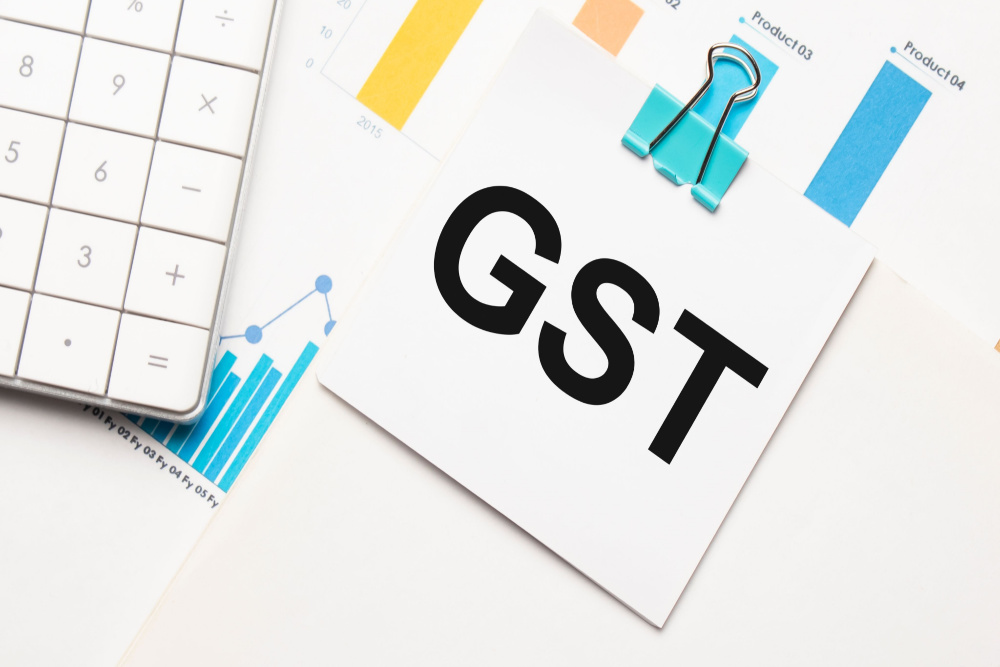Introduction
GST registration remains a key compliance duty for businesses in Singapore. When your taxable turnover is expected to exceed S$1 million in the next 12 months, the law requires you to register under the prospective basis. Recently, the government announced an important change that gives businesses more breathing space before they need to charge GST.
What Is Prospective Basis Registration?
Under the prospective view, you must apply for GST registration if you reasonably expect your taxable turnover to exceed S$1 million in the next 12 months. Once you make this forecast, you must:
-
Apply for GST registration within 30 days of the forecast date
-
Be registered on the 31st day after the forecast date
This ensures that businesses enter the GST system early enough to capture expected growth.
New Grace Period for Charging GST
On 28 February 2025, the Second Minister of Finance announced a new rule. Businesses that become liable for GST registration on a prospective basis will now enjoy a two-month grace period before they need to start charging GST.
This change marks a significant shift. Previously, businesses had to start charging GST immediately on the 31st day after the forecast date. With the new grace period, companies gain extra time to adjust their systems, update invoices, and train staff.
Why This Change Matters
The new policy reduces compliance pressure, especially for small and mid-sized businesses experiencing rapid growth. The two-month window provides time to:
-
Update accounting and invoicing systems
-
Inform customers about GST charges
-
Train finance and operations teams
-
Plan cash flow more effectively
By easing the transition, the government helps businesses stay compliant without disrupting operations.
What Businesses Should Do Next
If you expect your taxable turnover to exceed S$1 million in the next 12 months:
-
Make your forecast early and apply for GST registration within 30 days.
-
Use the two-month grace period wisely to prepare systems and staff.
-
Charge GST correctly once the grace period ends.
Failing to register or charge GST correctly can lead to penalties, so early action remains crucial.
Summary
The new two-month grace period for GST prospective basis registration gives businesses more time to prepare for compliance. While the rules on forecasting and application deadlines remain unchanged, the change reduces the immediate burden on fast-growing companies.
Staying ahead of GST requirements ensures smooth growth and avoids costly mistake
Disclaimer: This article is for informational purposes only and does not constitute any professional advice. Feel free to contact us to consult with our professional advisors team for personalized advice and guidance.




